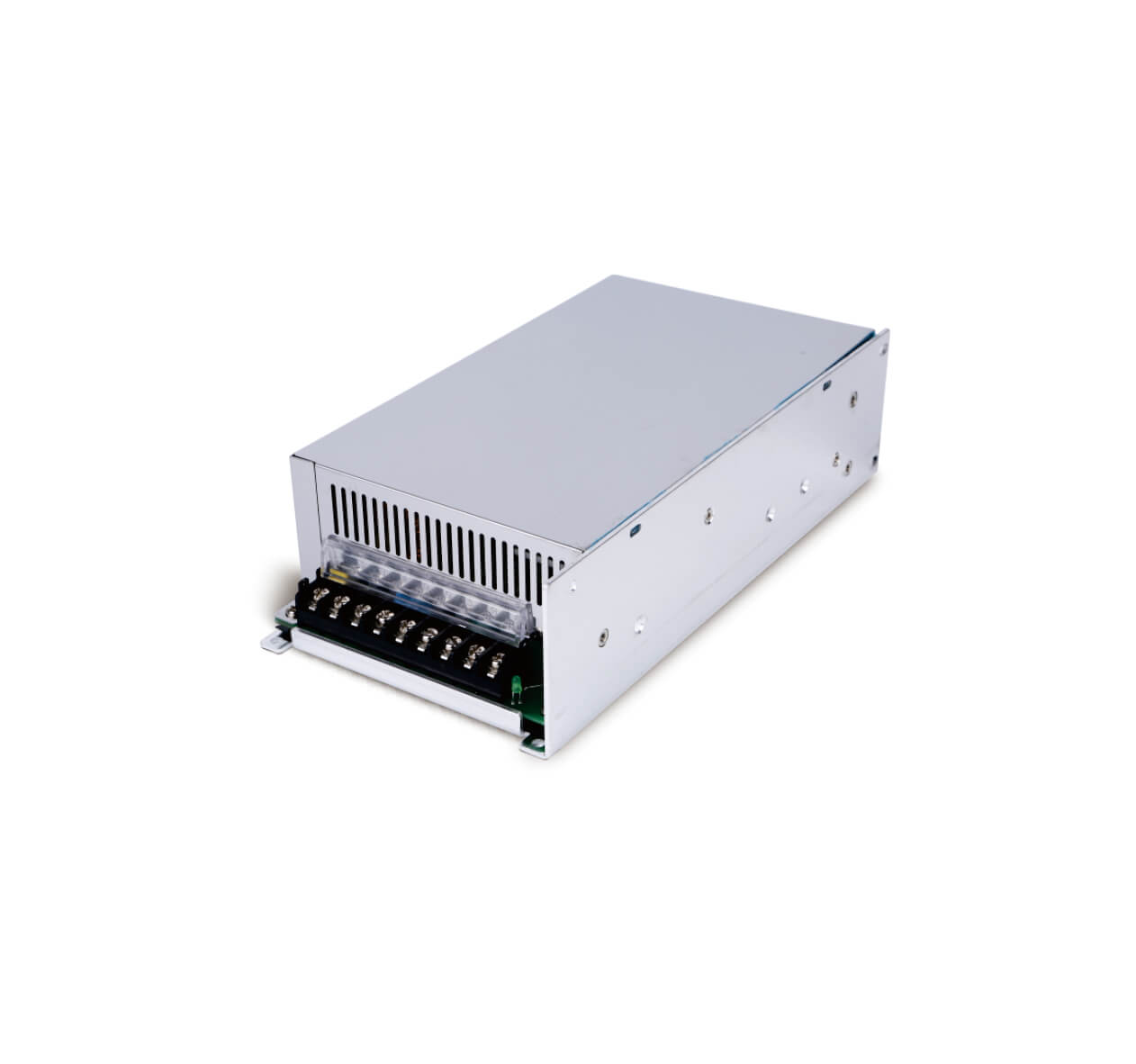Understanding Industrial Power Supply Efficiency Ratings and Certifications
In today's industrial landscape, the importance of energy efficiency cannot be overstated. As companies seek to reduce costs and minimize their environmental impact, understanding industrial power supply efficiency ratings and certifications has become crucial. Here we list the various efficiency ratings and certifications, helping you make informed decisions when selecting power supply systems.
What Are Efficiency Ratings?
Efficiency ratings provide a measure of how effectively a power supply converts input power into usable output power. Higher efficiency ratings indicate less energy wasted in the form of heat, which can lead to significant cost savings over time. The most common efficiency ratings for industrial power supplies include:
Energy Star: This certification is recognized globally and signifies that a power supply meets specific energy efficiency guidelines set by the U.S. Environmental Protection Agency (EPA). Energy Star-rated products typically consume less energy during idle and operational states.
80 PLUS: The 80 PLUS certification program, created by Ecos Consulting, has gained traction in the industry. Power supplies with this certification are tested at 20%, 50%, and 100% of their rated load, and must achieve at least 80% efficiency at these load levels. Variants such as 80 PLUS Bronze, Silver, Gold, Platinum, and Titanium denote progressively higher efficiency levels.
CEC Compliance: The California Energy Commission (CEC) has established regulations for external power supplies, mandating minimum efficiency standards. Compliance with CEC regulations ensures that the power supply operates efficiently and helps reduce overall energy consumption.
DoE Level VI: The U.S. Department of Energy (DoE) has set stringent efficiency standards for external power supplies, known as Level VI. This standard exceeds the requirements of previous levels and mandates improved efficiency and reduced energy consumption.
Importance of Certifications
Certifications play a pivotal role in guiding consumers and industries toward selecting efficient power supply systems. Here are a few reasons why these certifications matter:
Cost Savings: Higher efficiency ratings lead to lower electricity bills and reduced operational costs. Investing in certified power supplies can provide significant long-term savings.
Environmental Impact: Efficient power supplies contribute to a decrease in greenhouse gas emissions. By using less energy, industries can minimize their carbon footprint, aligning with sustainability goals.
Reliability: Certified products are rigorously tested for performance and safety. Selecting power supplies with recognized certifications reduces the risk of equipment failure and enhances overall system reliability.
Regulatory Compliance: Many regions have adopted energy efficiency regulations. Using certified power supplies helps companies comply with local laws, avoiding potential fines and penalties.
How to Choose the Right Power Supply?
When selecting an industrial power supply, consider the following factors:
Efficiency Rating: Look for power supplies with high-efficiency ratings (80 PLUS Gold or Platinum, for instance) to ensure optimal performance and energy savings.
Application Requirements: Assess the specific needs of your application. Different industries and processes may require distinct power supply specifications.
Certification Standards: Ensure the power supply meets relevant certifications, especially if operating in regulated markets or industries.
Manufacturer Reputation: Choose reputable manufacturers known for producing reliable, high-quality power supplies. This ensures better customer support and product longevity.
Total Cost of Ownership: Consider not just the initial purchase price but also the long-term operational costs, including energy consumption, maintenance, and potential downtime.
GVE Industrial Power Supply
Features:
1. High conversion efficiency (energy efficiency VI)
2. Protection: OCP, OVP, OTP
3. EMC regulatory certification
4. RoHS&REACH
5. Support customized power supply
Output:
| Voltage | 12.0-15.0V | 15.1-21.9V | 22.0-31.9V | 42.0-48.0V |
| Current | 0.01-50A | 0.01-40A | 0.01-32A | 0.01-18.5A |
| Power max | 600W | 720W | 900W | 900W |
Conclusion
Understanding industrial power supply efficiency ratings and certifications is essential for making informed decisions that impact both cost and sustainability. By prioritizing high-efficiency products and adhering to recognized certifications, businesses can enhance their operational performance while contributing to a greener future. As energy efficiency continues to gain prominence, investing in certified power supplies will be a crucial step toward achieving both economic and environmental goals.

